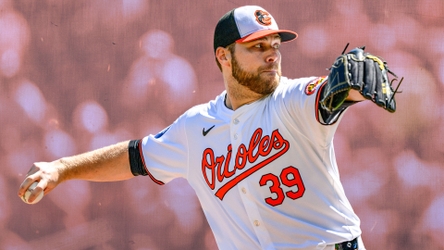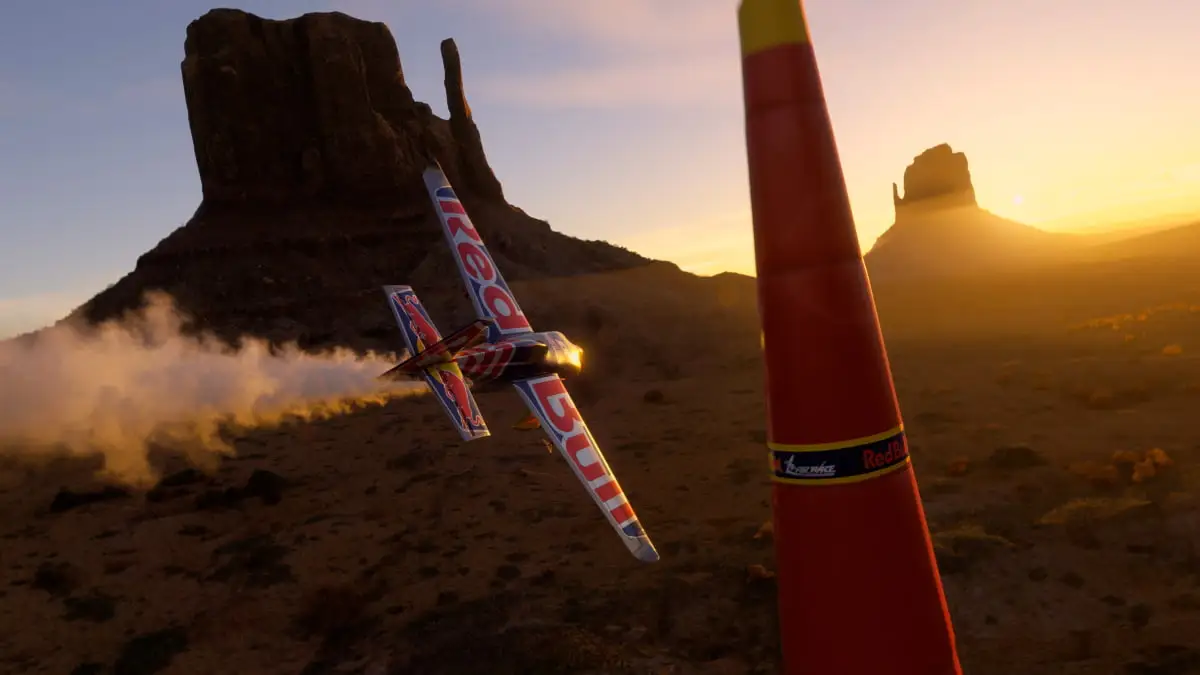The Mets are in an advantageous position this offseason as they map out how to proceed on the free agent and trade markets.
With a ton of money having just come off the books and their payroll in very strong shape for the next half decade, New York is prepared to act aggressively.
At the same time, as David Stearns looks to set the Mets up for sustained success, it is important that they avoid the kind of rash decision that could come back to haunt them — something that shouldn’t be much of a concern with Stearns at the helm.
“We’ve got financial flexibility,” Stearns said last month during his end-of-season news conference. “It means that pretty much the entirety of the player universe is potentially accessible to us. That’s an enormous opportunity. I envision us taking advantage of that opportunity, and being aggressive in certain spaces.
“We also have to recognize that we want to set up our organizational pattern so that we can invest in free agency, invest where we think we need to to complement the club on an annual basis. So, you’re right. We have a lot of money coming off the books. I would expect us to spend some of that — a good portion of that — to complement our team, to improve our team heading into next year. We’re also not gonna do anything that hamstrings us in future years and prevents us from continually adding, supplementing to our core group.”
The Mets have already made it known that they’re after Juan Soto — a generational hitter who could come with a price tag north of $600 million.
While they pursue Soto on one track, the Mets will be looking to rebuild their starting rotation on another.
They’ve extended one-year, qualifying offers to free agents Sean Manaea and Luis Severino, who are expected to reject those offers and hit the open market. Jose Quintana is also a free agent.
As things currently stand, the Mets’ rotation ahead of 2025 consists of Kodai Senga (who should be healthy after a 2024 that was lost to multiple injuries) and David Peterson, with depth options that include Paul Blackburn (assuming he’s offered arbitration), Jose Butto, and Tylor Megill.
There are a handful of ace-level starting pitchers on the MLB free agent market — Corbin Burnes, Max Fried, and Blake Snell. There’s also Walker Buehler, who is coming off Tommy John surgery and a down 2024, but has ace potential if he can regain his form.
It can be argued that the best one is Burnes. Should the Mets sign him?
PROS
Burnes is one of the best pitchers in baseball. Full stop. There is no debate to be had about how good he is.
This past season for the Orioles, Burnes had a 2.92 ERA and 1.09 WHIP in 194.1 innings over 32 starts. Over the last five seasons, he has a 2.88 ERA and 1.02 WHIP in 816.2 innings.
Burnes has finished in the top 10 in Cy Young voting each of the last four seasons (he won the award in 2021 while with the Brewers) and will finish in the top 5 this season.
As you can see by looking at his innings totals, Burnes has been as available and reliable as he’s been dominant, making 28 or more starts four years in a row — 28 in 2021, 33 in 2022, and 32 in both 2023 and 2024.
He’s also still relatively young, preparing to enter his age-30 season in 2025.
Another plus for Burnes is how he’s performed in the postseason, compiling a 2.33 ERA and 0.85 WHIP in 27.0 innings spanning five series with the Brewers and Orioles. In his only start in the 2024 postseason, Burnes fired 8.0 innings of one-run ball against the Royals in the Wild Card Series.
If you look at Burnes’ advanced stats, you’ll see that what he’s been doing is as legitimate as it gets. His stuff and execution are both elite.
CONS
For as good as Burnes has been and as good as he might continue to be over the first few years of the new deal he signs, there is a serious warning sign: his shrinking strikeout rate.
Burnes is not missing nearly as many bats as he used to, and the trend is alarming. Here are his strikeout rates over the last five seasons:
2020: 13.3 per nine
2021: 12.6
2022: 10.8
2023: 9.3
2024: 8.4
As Burnes’ strikeout rate has dipped, he’s started to throw his cutter a lot less. He threw it around 55 percent of the time in 2022 and 2023, but just 45 percent of the time in 2024 — a season where he relied more on his curve than ever before.
One interesting note is that the velocity on Burnes’ cutter hasn’t dropped. In fact, he averaged a career-high 95.3 mph with it in 2024.
Along with the dip in strikeouts, Burnes in 2024 allowed his highest hit rate since he became a starter in 2020 — surrendering 7.6 hits per nine.
Another concern is how many years Burnes is seeking, with him reportedly after an eight-year deal and most projections pegging him for a seven-year deal.
VERDICT
Burnes remains dominant, and his stuff still plays up. But it’s hard to get past his declining strikeout rate.
Yes, pitchers can excel as they remake themselves and attack hitters differently. But with Burnes likely to get a deal for seven years and upwards of $200 million, it seems like a gamble not worth taking — especially with other ace-level pitchers on the market.
Fried will likely get fewer years and dollars, and it’s possible Snell’s deal is about half of what Burnes’ turns out to be. Buehler might only get one or two years.
In the event Burnes gets a deal for four or five years, it would make a lot more sense for the Mets to pursue him aggressively. But it’s hard to see Burnes not getting at least six years and likely seven (or more), which should make this a pass for the Mets.
Read the full article here

























Discussion about this post